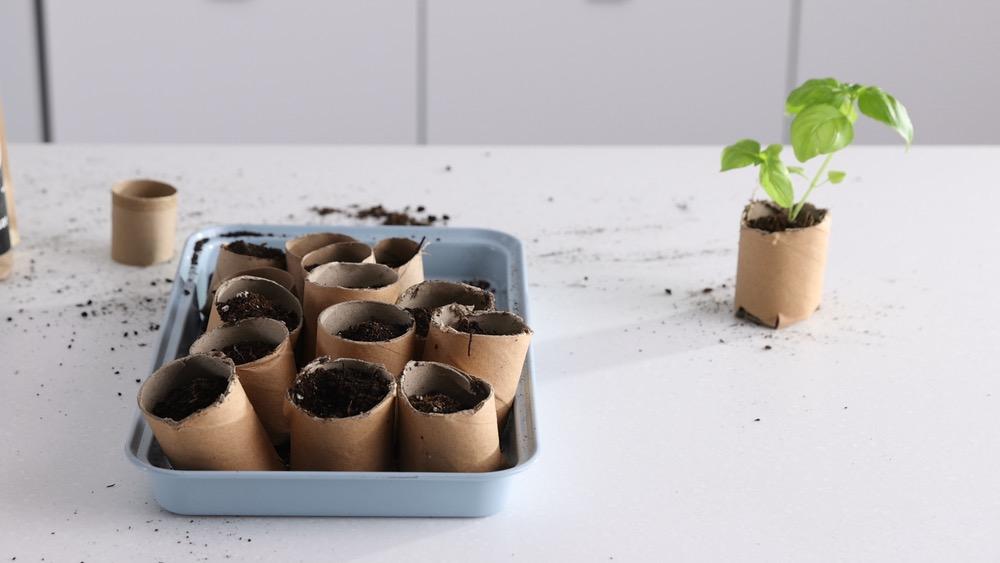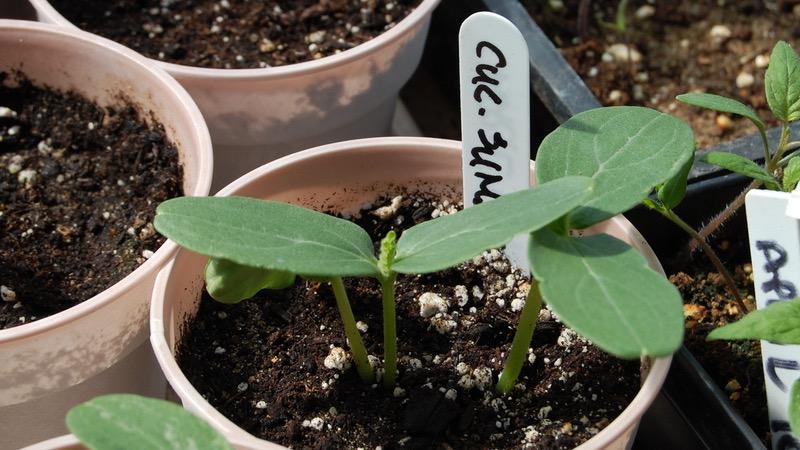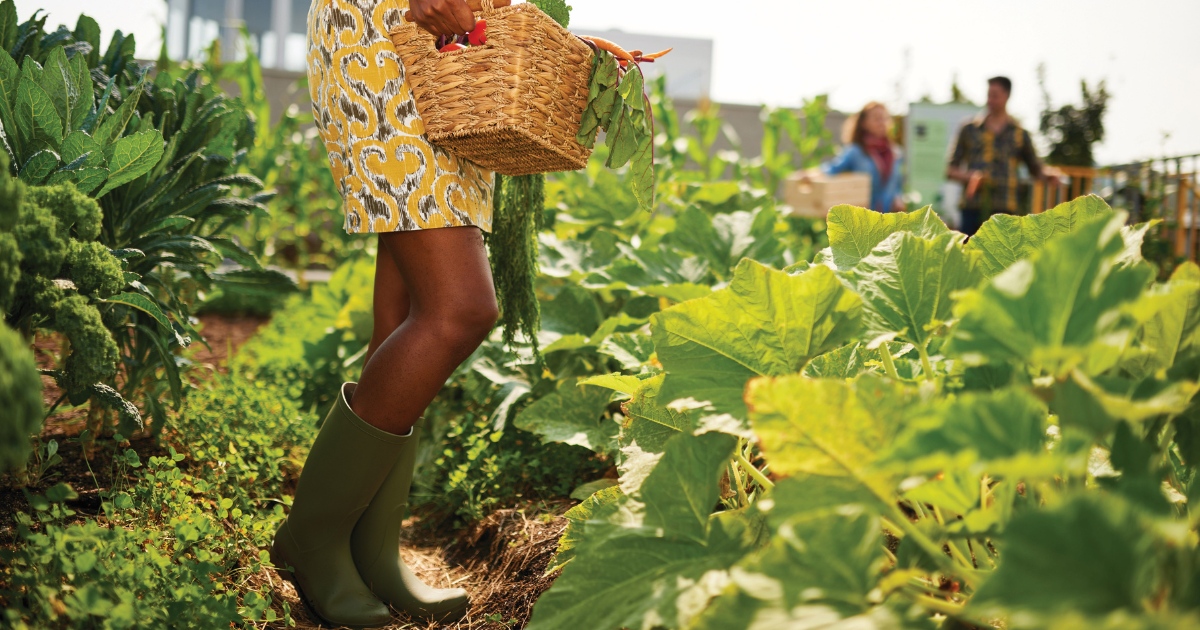Our love for evergreens is, well, evergreen. Classified as perennial, along with all the plants that we rely on to return from dormancy each spring in the Canadian garden, evergreens attract a lot of attention.
True evergreens: spruce, pine, fir, and the like hold their foliage year-round. Not only can they look attractive in your yard year-round, but they also provide habitat and protection for songbirds and cones and seeds that support wildlife (we won’t mention squirrels). When they are located thoughtfully, they protect buildings from wind and sun where we live and work, saving energy costs for heating and cooling.
Our favourite evergreens vary according to their use in the landscape. Here is our short list:
Native white cedar (Thuja occidentalis)

For hedging, nothing comes close for great looks, fast growth, and durability. On the Canadian prairies, a hardier alternative is Brandon cedar (Thuja occidentalis‘Brandon’). Trimmed into a formal hedge, cedars will mature at two metres, up to several metres, depending on how aggressively you prune them. Cedars need at least six hours of sunlight to perform at their best.
Fir

Of all the “Christmas tree” shaped evergreens available for Canadian gardens, fir (Abies) tops our list. They grow straight, feature soft needles (easy on the touch), grow quickly, and many are native. Balsam fir (Abies balsamea) populates much of the Maritimes, while Douglas fir (Pseudotsuga menziesii) is one of the giants of the B.C. forest. A bonus: all fir have a lovely, relaxing “evergreen” scent. When you buy a sachet of evergreen fragrance, it is likely filled with Balsam fir needles.
How to have a beautiful garden all year long, even on the coldest days.
Junipers (Juniperus)

For the foundation planting around your home, junipers are winter-hardy and often colourful as they can feature hues of blue, grey, and deep green. Their growth habit varies widely from low-growing prostrate varieties to tall, spire-shaped giants that mature to about three or four metres. All junipers lend themselves to pruning in late May through early June to keep them looking neat, thick, and tidy. If a juniper grows in front of your favourite viewing window, do not be afraid to cut it down to size. Junipers tend to come back from severe pruning over time. However, be sure to wear long sleeves while pruning your junipers, or your forearms may get “juniper burn,” a short-lived irritation that turns your skin red.
Yews (Taxus)

This is a large family of evergreens. It includes Hill’s yew (Taxus x media ‘Hillii’), which is suitable for short hedges, and Japanese yew (Taxus cuspidata), for a feature plant in any garden. Yews are shade tolerant and grow well in dry, sandy soil. Sadly, they are generally not hardy in growing zones above zone 4 (Ottawa/Montreal). Perhaps you would consider moving to a milder climate so you can enjoy yews?
White spruce (Picea glauca)

The native Picea glauca is a great choice where there is lots of space to fill, and a grand tree is most suitable. The broad, sweeping branches of White Spruce are gorgeous any time of year, but especially when burdened with soft snow. Birds love them for foraging and nesting. Matures to 20 metres and about 8 metres at the base.
How to Attract the Most Desirable Winter Birds.
If you are looking for permanence, versatility, and great looks, have a good look at the evergreens that thrive in your growing zone.
Mark Cullen is an expert gardener, author, broadcaster and tree advocate
and holds the Order of Canada. His son, Ben, is a fourth-generation
urban gardener and a graduate of the University of Guelph and Dalhousie
University in Halifax. Follow them at markcullen.com, @MarkCullen4
(Twitter) and @markcullengardening (Facebook) and look for their latest book, Escape to Reality.
Follow them at markcullen.com, @MarkCullen4, facebook.com/markcullengardening and biweekly on Global TV’s national morning show, The Morning Show.











